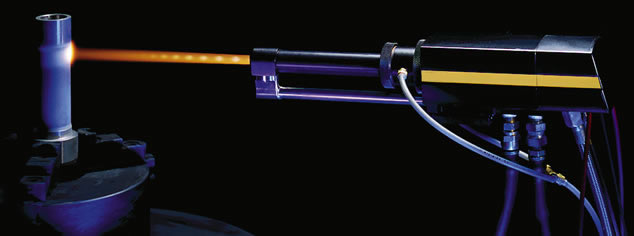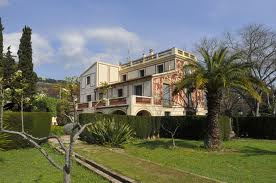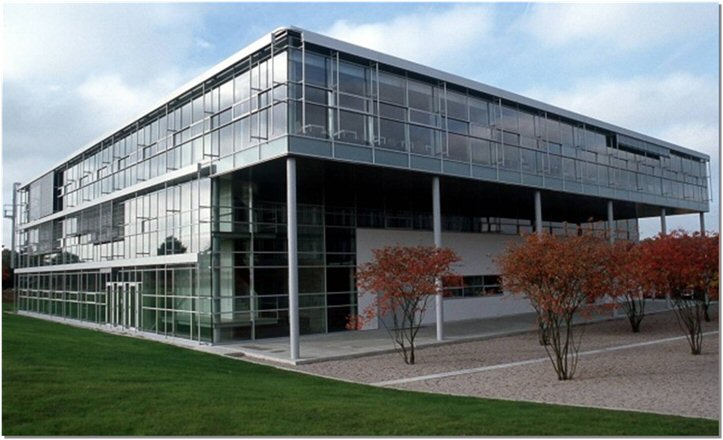ETSA events
-
26 March 2013
2nd Summer School Cold Spray Barcelona 4-6 June 2013
Thermal Spray Centre - Centro de Proyección Térmica
Objective:
The objective of this course is to introduce the recipe of the emerging Cold Gas Spraying (CGS) technology for protecting and enhancing surfaces of industrial products.
The principal attribute of this novel technique lies in its capability of producing tailor made properties of coatings by optimizing the performance of the substrate, the material to be deposited and the process design parameters for a multiplicity of industrial applications. An interactive session based on real-life case studies and demonstrators will illustrate the potential of Cold Gas Spray (CGS) process and focus on the problems and future challenges of the Thermal Spray technology in today’s competitive world.
Who Should Attend?
Scientists, engineers, techno-entrepreneurs, product developers and design engineers, product marketers, lecturers, managers and students who are interested to know the recipe of CGS for protecting and enhancing product surfaces for diverse applications. The target is to have a maximum of 30 people attending the Summer School.
ETSA Winter School Stuttgart 20-22 March 2013
Thermal Spraying with liquid feedstocks -Process development, Coating Properties and Applications
Scope of the event:
Thermal spraying using liquid precursors or suspensions containing fine and ultra fine powder particles lead to coatings with a unique microstructure that differs significantly from conventional sprayed ones. The potential of these coatings is well known and has gained vital interest among the scientific and industrial community. It is expected, that thermal spraying with liquid feedstocks will give substantial contributions in numerous industrial key applications like biomedicine, energy conversion, catalysis, automotive, aerospace and more. Fabrication routes and processing of solutions and suspension feedstocks containing fine primary particles strongly differ from conventional spray materials fabrication. Especially in case of suspensions, their storage and handling requires distinctive expertise. Flame interaction of liquids and suspensions as well as coating formation phenomena are essential key issues to gain the process knowledge that is required to fully control and shape a liquid feedstock based spray process and raise the technology to an industrial production level.
The winter school will address these and further topics:
• Suspensions and precursor based solutions:
Preparation, properties and known issues.
• Nanopowders for suspensions: Fabrication routes and
properties
• Solution and suspension feeder concepts
• Injection of liquid feedstocks
• Modifying spray equipment for liquid feedstock processing
routes
• Coating properties
• Process diagnostics
• Handling and safety aspects
• Potential applications



